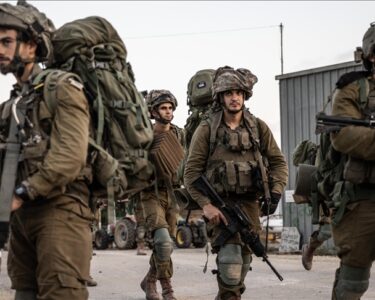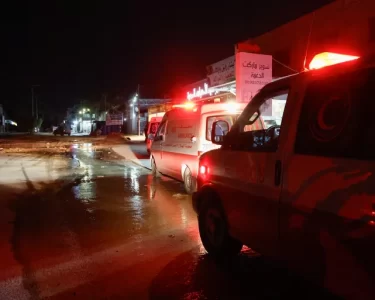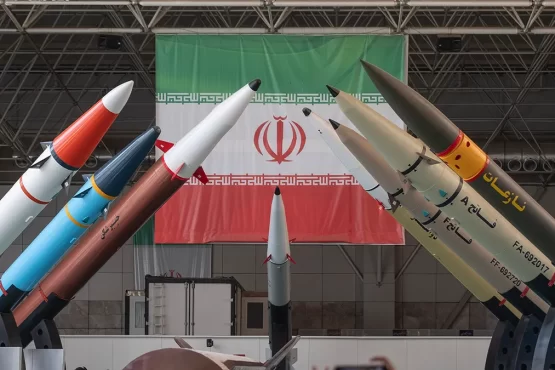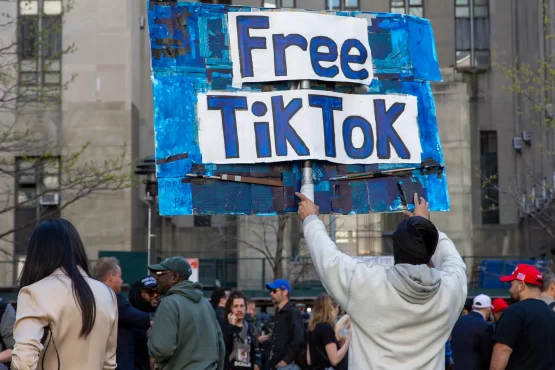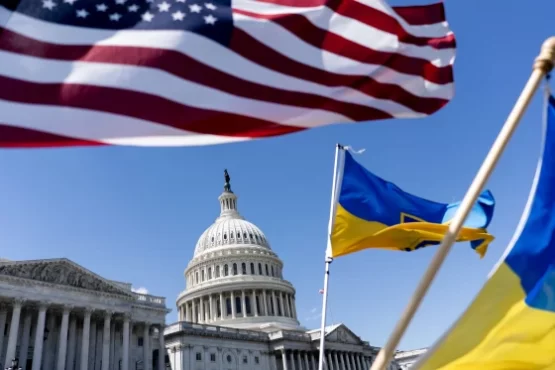In a televised address on Wednesday, Hassan Nasrallah, the leader of the Lebanese militant group Hezbollah, issued a chilling warning to Israel, stating that no place would be safe from the group’s missiles and drones if a war were to erupt between the two foes. Nasrallah claimed that Hezbollah has a “bank of targets” that would be subject to precision strikes if the sporadic fighting between the two sides escalates into a broader conflict.

Nasrallah’s threat comes a day after Hezbollah released what it claimed to be drone footage of sensitive sites deep within Israel. “We now have new weapons,” Nasrallah said, without divulging further details. “The enemy knows well that we have prepared ourselves for the worst … and that no place … will be spared our rockets.”
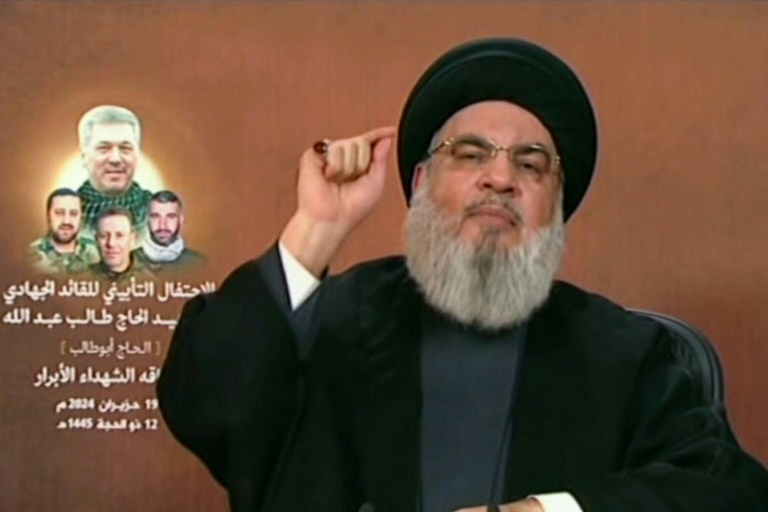
Israel’s military chief, Lieutenant General Herzi Halevi, responded to Nasrallah’s remarks during a trip near Israel’s border with Lebanon, stating that Israel is well aware of Hezbollah’s weapons. “The enemy only knows a small part of our capabilities and will see them at the needed time,” Halevi said.
The tensions between Israel and Hezbollah, an ally of the Palestinian militant group Hamas, have been escalating since October when the war in Gaza erupted. In the past eight months, more than 400 people have been killed in Lebanon, mostly Hezbollah fighters, but also at least 80 civilians. Israel has lost 16 soldiers and 11 civilians in the fighting.
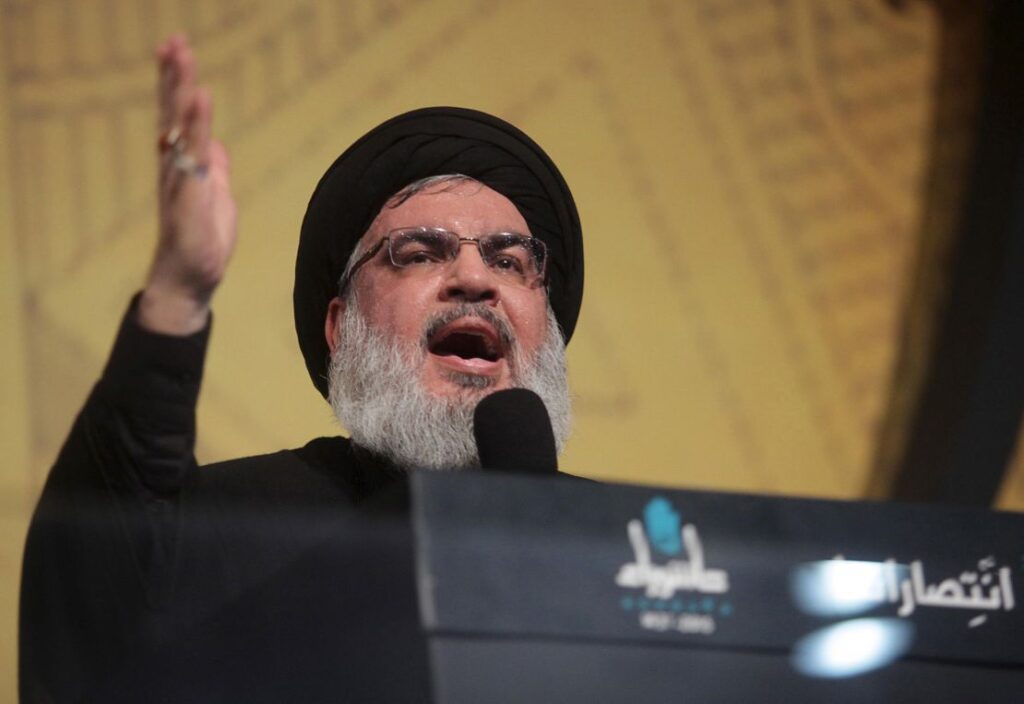
Nasrallah also threatened Cyprus in his broadcast, accusing the country of opening its airports and bases for Israel to target Lebanon. He warned that this move means the Cypriot government has become part of the war, and Hezbollah will deal with it as such.
The escalating rhetoric between Hezbollah and Israel has raised concerns about the possibility of a full-scale war in the region. The international community is closely monitoring the situation, with efforts being made to de-escalate tensions and prevent further bloodshed. However, with both sides claiming to have advanced weapons and a readiness to engage in a broader conflict, the risk of a devastating war remains high.


